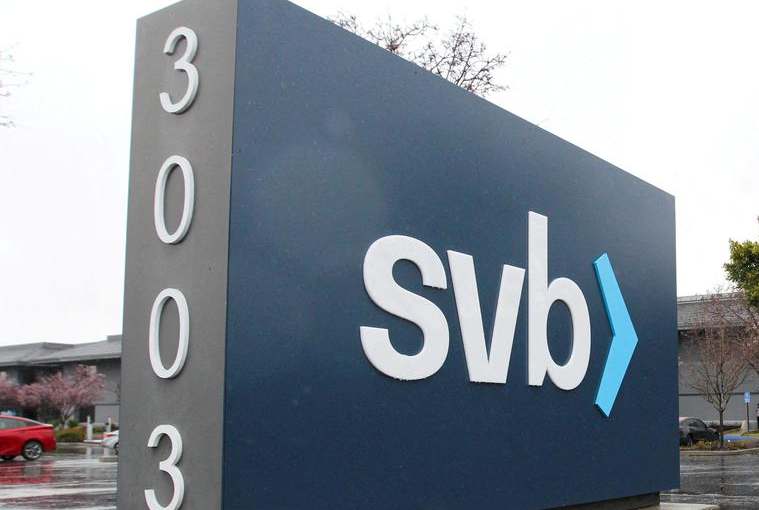Latest News
Silicon Valley Bank collapse: Indian startups should learn to put more faith in the financial system here
Published
1 year agoon

Investors in Indian bank equities are concerned about a ripple effect, at least on the sentiment side, as social media is busy drawing comparisons between the failure of the Silicon Valley Bank (SVB) and the Signature Bank and the 2008 bankruptcy of Lehman Brothers.
Nifty Bank has lost 1,000 points, or more than 2%, of its value over the past two trading days. As the SVB issue began to develop, there has been a steeper 3% decline in the price of PSU bank equities.
The international brokerage firm Jefferies examined Indian banks’ deposit quality and the effect of MTM (mark-to-market) loss on HTM (held-to-maturity) loans and came to the conclusion that Indian lenders are in a good position.
“In terms of funding, households account for more than 60% of deposits, savings accounts have a 3-5 year term, and people take their time switching to G-Secs. Loans make up 65% of assets, while investments make up 25%. HTM is permitted on GSecs and makes up 80% of that as well as 15% of assets. Just 6% of private banks’ capital and 15% of PSUs’ capital will be affected over a 4-5 year period “It read.
worldwide brokerage Macquarie agreed, stating that despite all the doom and gloom in the world’s banks, Indian institutions stand out because they have very little direct or indirect exposure to SVB.
Read Also – After a medical emergency, an IndiGo flight from Delhi to Doha lands at Karachi Airport
An Silicon Valley Bank-style catastrophe cannot occur in the regulated and supervised financial industry, according to Dalal Street veteran Nilesh Shah of Kotak Mutual Fund, because of greater regulation, speedier reactions, and a diverse deposit base.
“For instance, Silicon Valley Bank may allocate $100 billion of its $200 billion balance sheet to the HTM category. In India, it is not permitted. What you can put into the HTM category is capped by the Reserve Bank of India. Second, deposit outflows in SVB happened quite swiftly. India’s deposit base is dispersed broadly across many different businesses and geographical regions. Thus, it is doubtful that this kind of deposit outflow will take place. Third, SVB’s attention was on bulk deposits in this case. In this instance, they are retail deposits. And more crucially, compared to Silicon Valley Bank, our regulators are much more proactive “added Shah.
The analogy between Silicon Valley Bank and Lehman has also been criticized by market professionals as being wholly wrong. “But, because there may be a sentimental impact on banking equities, investors need to exercise caution. Investors with a higher risk tolerance might take advantage of the market’s weakness to purchase high-quality bank stocks because this crisis has almost little impact on Indian banking “said Geojit Financial Services’ Dr. V K Vijayakumar.
You may like
-


North Korea asserts that the test of a multiple-warhead missile was successful
-


The Student Wing of Congress storms the Exam Body NTA office and locks it from within
-


“During President Murmu’s address to Parliament, PM Modi was shown 73 times, and LoP Rahul Gandhi was shown six times”: Congress
-


NASA contracts Elon Musk’s SpaceX to deorbit the International Space Station in 2023.
-


A Caution For The CBI In The Delhi Court’s Arvind Kejriwal Custody Order
-


Bar Council of India requests that bar associations abstain from demonstrating in opposition to new criminal laws
